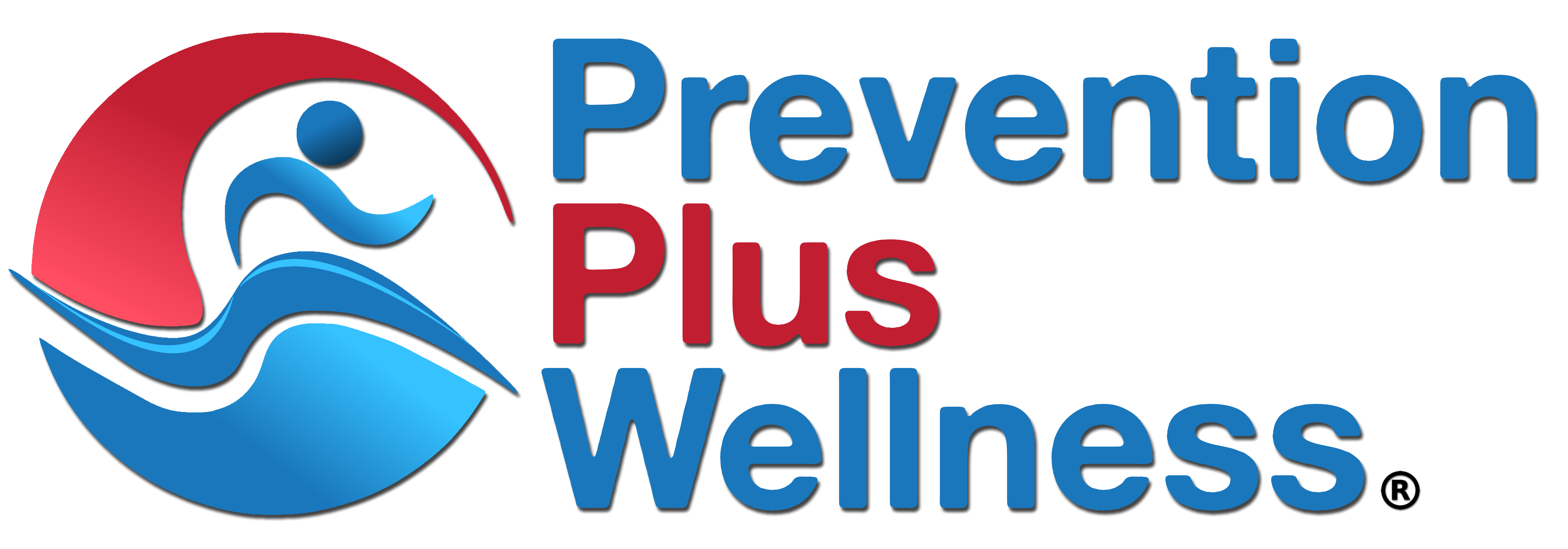A study published in Pediatrics (2021) examined whether the association between youth prescription opioid misuse (POM) and suicide outcomes differs by recency of POM (ie, none, past, or current misuse) using data from the 2019 Youth Risk Behavior Survey data on US high school students.
Results showed both current POM and past POM were significantly associated with all suicide risk behaviors compared with no POM. These included measures of suicide ideation, planning, attempts, and feeling sad or hopeless.
The researchers concluded that although POM is associated with increases in the risk for suicide-related behaviors and experiences of youth, comprehensive prevention approaches that address the intersections between suicide and POM provide a promising path forward for addressing these public health challenges among youth.
What factors might lie at the intersection between adolescent suicide and prescription opioid misuse that promising prevention programs could address?
One set of likely factors is associated with youth lifestyles, including physical activity, healthy breakfast and nutrition, sleep and the avoidance of alcohol and drug use including prescription opioids.
A growing body of research supports healthy lifestyle behaviors as associated with less mental health problems and substance use with more mental health problems among youth.
For example, a population-based prospective study published in Pediatrics (2019) found that mental illness in adolescence is associated with compliance to lifestyle recommendations in childhood: https://publications.aap.org/pediatrics/article/143/5/e20183307/77071/Lifestyle-Behavior-and-Mental-Health-in-Early
This and other studies suggest that interventions that integrate the prevention of alcohol and drug use with the promotion of physical activity, healthy nutrition and sleep are likely to protect and improve the mental and physical health of young people.
Two evidence-based programs have been shown to prevent substance use while increasing mental and physical health promoting behaviors include the SPORT Prevention Plus Wellness program for youth and the InShape Prevention Plus Wellness program for young adults.
Both the SPORT and InShape PPW programs use an evidence-based practices screening and brief intervention format and are implemented to young people in one session, thereby increasing the likelihood of achieving broad public health reach within a community or region.
SPORT and InShape Prevention Plus Wellness are well-established substance use prevention programs used across the US that have promise to address the intersection between opioid and other substance use and suicide and mental health problems widely experienced among youth across America.
View the research abstract: https://www.publications.aap.org/pediatrics/article-abstract/147/4/e2020030601/180824/Current-Prescription-Opioid-Misuse-and-Suicide?redirectedFrom=fulltext
View research evaluating SPORT PPW: https://preventionpluswellness.com/pages/published-research-evaluation-sport-ppw
View research evaluating InShape PPW: https://preventionpluswellness.com/pages/published-research-evaluating-inshape-ppw

